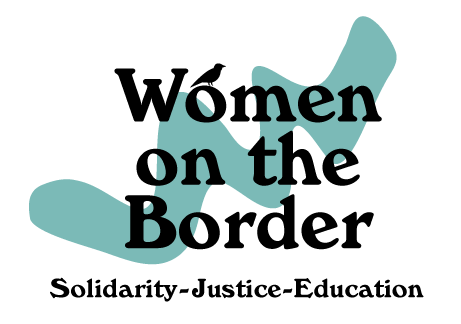QUEER, UNDOCUMENTED, AND SITTING IN AN
IMMIGRATION DETENTION CENTER: A
POST-OBERGEFELL REFLECTION
Elvia Rosales Arriola**
“I left my country because I am gay and I don’t fit into Honduras’ society; I also fled for my life because I refused to do work for a drug trafficker and he threatened to kill me.”
Central American refugee (2014)
On the day the Supreme Court decided, in Obergefell v. Hodges,1 that gay people too enjoy the fundamental right to marry, a moment for joy and celebration for social justice activists appeared, just as the nation grieved the racist murder of nine worshippers in a Southern black church by a young white supremacist. While the Obergefell decision ushered in a time of hope in our nation, that same day, President Obama was delivering a eulogy for Clementa Pinckney, the senior pastor of the Emanuel African Methodist Episcopal Church, who had been coldly murdered because of race.
This Essay examines the complex nature of the Court’s landmark decision in which the right to marry was deemed constitutionally protected, regardless of sexuality or gender; the decision, however, embodies a right to human dignity that remains elusive to many LGBTs. As Justice Kennedy stated in the majority opinion, “[t]he nature of injustice is that we may not see it in our own times.”2
This Essay takes those words seriously and applies them to the question of how differences in race, class, and citizenship status weaken the promises of constitutional liberty that were expounded in Justice Kennedy’s eloquent opinion in Obergefell. This Essay is a reflection on how undocumented persons, particularly gay migrants in federal detention facilities, do not enjoy the same constitutional rights that are the focus of the Court’s majority opinion. This Essay uses narratives from undocumented gay migrants gathered from a delegation organized by activist educators, who toured a South Texas immigration detention center in order to see the human impact of American law and policy at for-profit detention centers. Among those detained and interviewed were migrants from Central America because of their sexual orientation.
This Essay argues that the current immigration system is deeply flawed as undocumented migrants are not allowed the equality guaranteed by the Fourteenth Amendment; those who are undocumented come to America for a number of reasons, but one reason in particular is that America is considered to be a place of sexual and gendered freedom—rights that have now been guaranteed by the ruling in Obergefell. Many of these migrants come from countries where they are persecuted for being part of a sexual minority. The rights of sexual and gendered freedom are thus elusive to those undocumented migrants in immigration detention facilities, rendering the breathtaking promise of equality for all, affirmed in Obergefell, an elusive right conditioned on an individual’s race, class and citizenship status.
The whole article can be read at 618 UMKC LAW REVIEW [Vol. 84:3)
**Professor Emerita of Law, Northern Illinois University, Executive Director, Women on the Border (2016)
- Obergefell v. Hodges 135 S.C. 2584 (2015)
